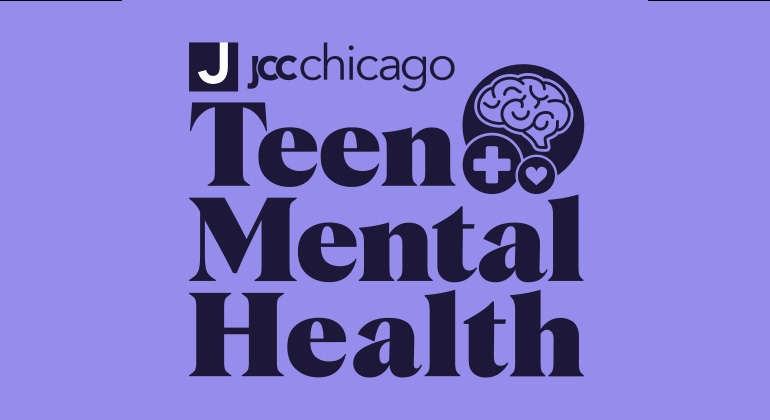Finding Calm in the Chaos: Understanding and Managing Stress When Overstimulated

Big crowds, large events, and loud noises stress me out. As a little kid, I was scared of trains because they made loud noises. Now, I don’t like loud music. I used to avoid grocery stores because they felt overwhelming—big, crowded, and chaotic.

While I’ve grown more comfortable with grocery stores over time, I still struggle with large, crowded places. I prefer having control over my surroundings and the freedom to choose what activities I participate in and who I interact with. When I enter a big event, I often become overstimulated. My thoughts get jumbled, and I can’t make clear decisions. This loss of control is incredibly stressful because, like most people, I like to feel in control of my environment.
If this resonates with you, know you’re not alone. Many people experience similar feelings, even if their reactions aren’t as intense. If you feel like you’re the only one who struggles with crowded spaces or loud noises, it’s not your fault. There’s actually a scientific explanation for these feelings.
The Science Behind Overstimulation
According to Healthline.com, when a person encounters a big or overwhelming situation, your brain’s hypothalamus releases chemicals like adrenaline and cortisol. These hormones increase your heart rate, sharpen your focus, and activate your fight-or-flight response. This system is designed to protect you in threatening situations, but in the context of a party or crowded space, it can feel more like a hindrance than a help. Understanding that this reaction is a natural, chemical process—not a personal failing—is an important step toward managing it.
My Personal Experience
One of my first encounters with overstimulation was at a bat mitzvah. When I walked into the banquet hall, the room buzzed with activity. In one corner, kids were dancing. In another, parents were standing and talking. People were running around, laughing, and having fun. I stood there, frozen. Despite having friends at the party, I felt awkward and out of place. I just coasted around all night, trying to keep a low profile. It was an uncomfortable and unenjoyable experience; one I’ll never forget.
Strategies for Coping
The good news is that these feelings are not only common but also manageable. Here are a few strategies that have helped me, and might help you too:
- Acknowledge Your Feelings: It’s okay to admit that you don’t enjoy big events. Communicating this to others can lower their expectations and help them support you better. Chances are, some of them feel the same way but haven’t voiced it.
- Mindfulness and Calming Techniques: Exercises like deep breathing, grounding techniques, or even a quick walk outside can calm your body’s fight-or-flight response. For example, try the 4-7-8 breathing method: inhale for 4 seconds, hold for 7 seconds, and exhale for 8 seconds.
- Set Boundaries: Give yourself permission to take breaks or leave early if needed. Knowing you have an exit strategy can make the event feel less overwhelming.
- Bring a Friend: Having a trusted person by your side can make big events feel less daunting. They can help you navigate the crowd and create a sense of familiarity.
- Practice Makes Perfect: Gradually exposing yourself to large events can help your brain adapt over time. Start with smaller gatherings and work your way up to bigger ones.
Moving Forward
Overcoming overstimulation takes time and effort, but it’s absolutely possible. Remember, it’s okay to feel overwhelmed in certain situations. With practice and the right strategies, you can learn to manage these feelings and even start enjoying activities that once felt impossible. Be kind to yourself and take it one step at a time.






